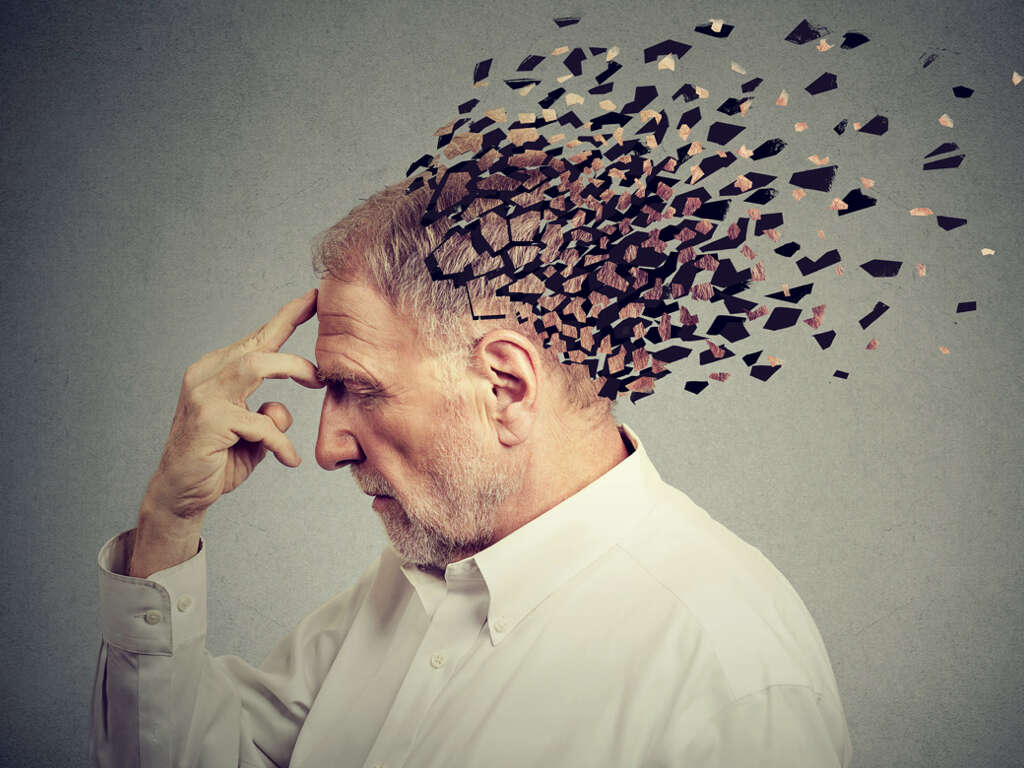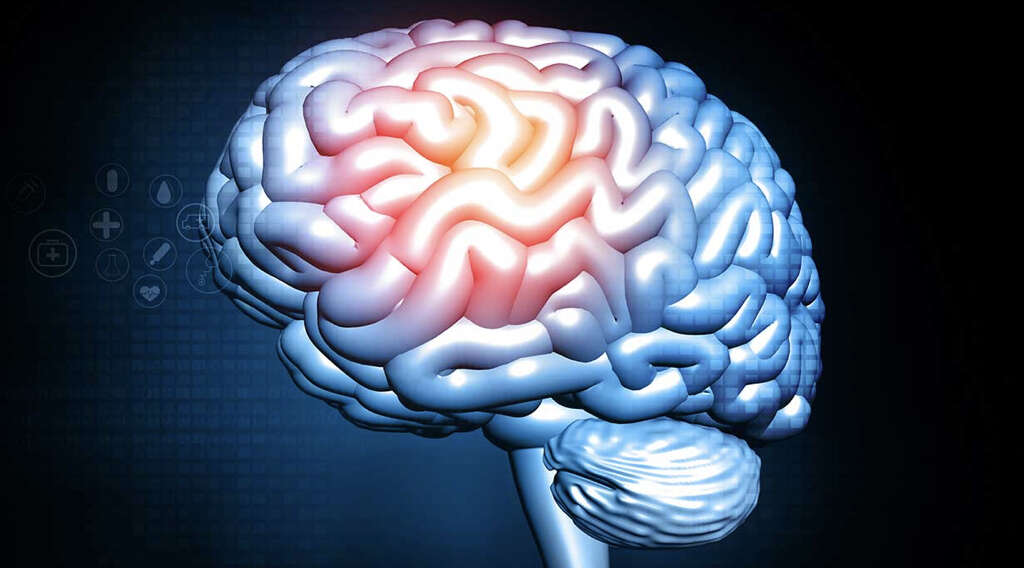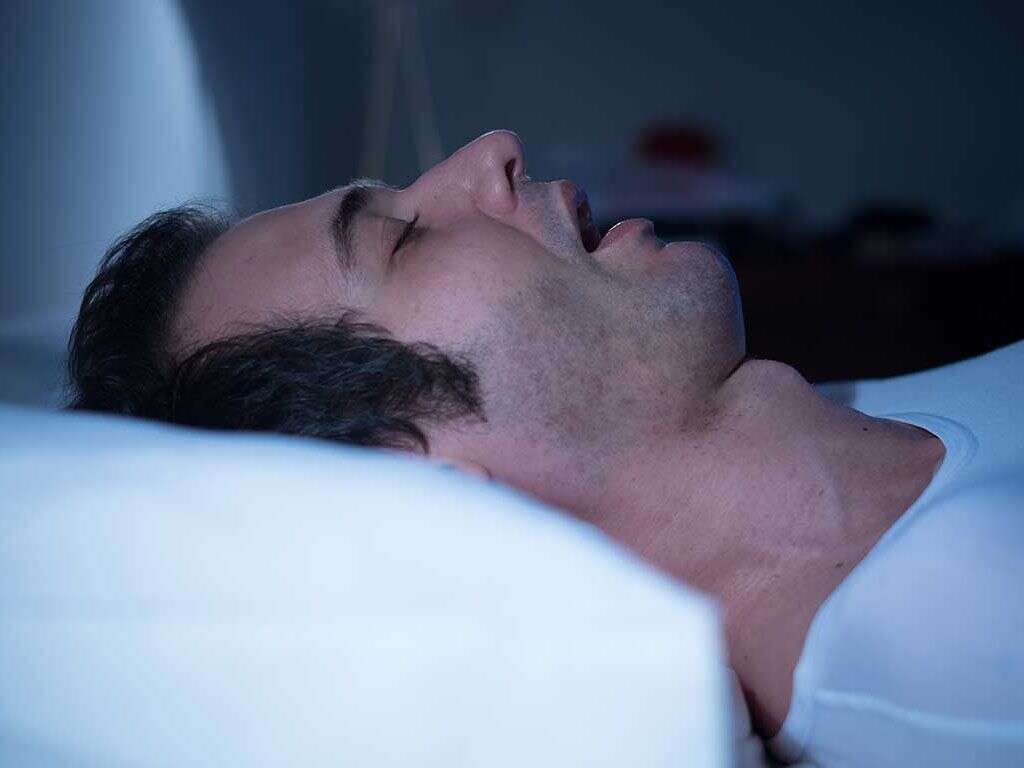What is Amnesia?
Our brains are incredibly complex and we are still only scraping the surface in regards to how they actually work. Perhaps one of the most impressive things about our brains is that they are able to hold a vast amount of memories. Not only that, but we are able to retrieve these memories almost effortlessly.
With something so complex, however, there is a lot that can go wrong, and one such example is amnesia. This is a condition where people lose their memory, or find themselves unable to form new memories. Many people will go on to make a full recovery, but it does have the potential to destroy the lives of some people.

1. Symptoms Of Amnesia
It is well known that the main symptom of amnesia is that the patient will experience memory loss. They can also have difficulty forming new memories. People with the condition can forget just about anything they had stored in memory, including people they know, and even facts about themselves.
One thing that amnesia does not do is to cause people to lose motor neuron skills that give us the ability to walk and talk. Patients with amnesia will also retain the ability to speak languages, even if they don’t remember how they learned these languages. There are also different types of amnesia, and they affect people in different ways.

2. Infantile Amnesia
Infantile amnesia is the most common type of all amnesia varieties. Do you remember your life before you were around 5 years old? For the vast majority of people, their memories start from around 3-5 years old. Some people do claim to be able to recall their earliest memories, even their births, but even if this is true then they are in the vast minority.
Although people will have some memories after around 3-5 years old, many will still have few memories of their life before around 10 years old. At least, that is, few memories relative to the length of time involved.

3. Retrograde Amnesia
Retrograde amnesia is the variety that causes people to lose memories that they already held. In most cases, memories that were formed many years previously are unaffected. Instead, the patient will struggle to remember those memories that were formed relatively recently. Retrograde amnesia is sometimes caused by a severe trauma to the brain.
It can cause the patient to forget memories from the past years, even decades. In many cases, the memories will gradually return, allowing the patient to remember things like experiences with friends and family. Patients will sometimes think they have regained their full memory, only then to continue recalling memories they had lost.

4. Anterograde Amnesia
Anterograde amnesia is the name given to the condition where the patient is no longer able to form new memories. The patient is unable to form new memories from the point the problem started and their pre-existing memories will often remain intact. One of the most common examples of this happening is when people drink a lot.
It is not uncommon for heavy drinkers to forget what they did the previous night when they were inebriated. This is usually only temporary because the patient can start forming memories again the following day. Depending on the cause, however, anterograde amnesia can be permanent.

5. Transient Global Amnesia
Patients with transient global amnesia (TGA) will find that they experience periods of feeling intensely agitated and/or confused. These attacks can last for hours and, once the period has passed, the patient will have little to no memory of what happened during that time.
Before the onset of the condition, the patient might begin to experience memory loss. We are not really sure of why transient global amnesia happens, but it is thought that it might be down to temporary blockages in the flow of blood to the brain. Another possible explanation is electrical activity in the brain similar to when seizures occur.

6. Dissociative Amnesia
Sometimes, we might have experiences that are difficult to handle. These can be traumatic events, or maybe prolonged periods of stress that can have a severe impact on the patient’s well-being. In order to try and cope, the patient might subconsciously block out certain information, thus causing them to lose some of their memories.
People with dissociative amnesia will often find that they become very confused, and many will find that they cannot recall earlier events. In some cases, the patient will not be able to recall very specific events but still remember everything else. At other times, the patient can forget a wide range of things, including details about themselves and their families.

7. Brain Damage
One of the most common causes of amnesia is damage to the patient’s brain. More specifically, it is usually damage to the hippo campus that will result in amnesia. Damage here will tend to lead to anterograde amnesia specifically. There are a number of factors that can result in the type of damage that can result in amnesia.
These include head traumas, stroke, infections, and tumors. Anoxia, which means the brain is starved of oxygen, can also result in significant damage. Any type of brain damage can be a real and immediate threat to the patient’s life, so emergency medical assistance should be sought if brain damage is suspected.

8. Stress
As mentioned, stress can lead to a condition known as associative amnesia. Stress in itself is not necessarily a bad thing; problems arise when the patient can experience excess and prolonged periods of stress. Alternatively, intense but short-lived experiences can also be a problem.
If you are having difficulty dealing with stress then you should try and speak with a professional as the condition can cause some very serious problems if it is not addressed. In addition, somebody that has undergone a severely traumatic experience should also seek professional help. Speaking with a professional about your problems can help to give you the tools you need to handle them.

9. Alcohol Use
Drinking alcohol occasionally is OK, provided you don’t consume it in dangerous volumes. If you do become excessively drunk then you are at risk of alcohol poisoning. A lot of people that drink too much will also find that they have difficulty remembering details from the previous night.
This is often referred to by drinkers and medical professional as a black out. While this is usually only temporary, it is a sign that you might have an alcohol problem, especially if it happens regularly. If you do have a problem, or if you know somebody that does, then you should arrange to speak with a professional about it.

10. Treatment
In many cases, the patient will eventually begin to be able to recall their memories again. Some types of amnesia, such as those caused by excess alcohol consumption, are relatively easier to overcome. Either way, treatment for amnesia tends to involve tackling the underlying cause. Amnesia that has been caused by dementia is, sadly, rarely curable.
If it is permanent then the patient might need to be taught life skills again but, again, this will be very difficult where dementia is involved. Preventing amnesia from taking place generally involves avoiding excess alcohol and drugs, while also making other healthy lifestyle choices.












